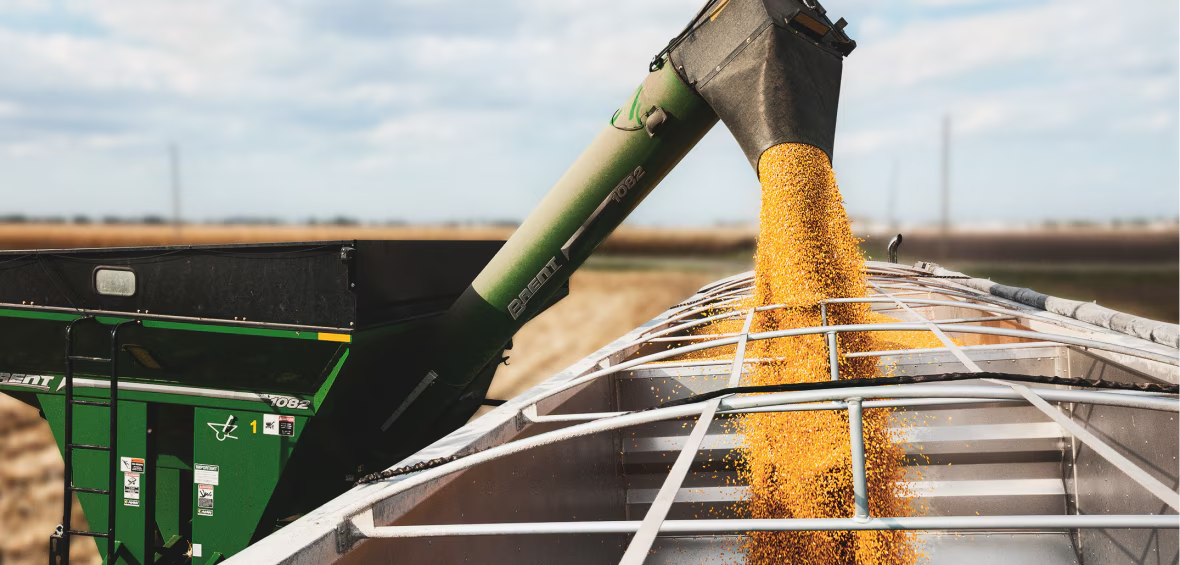Genetically Modified Crops

GMOs are extensively researched and regulated to ensure that these crops are safe and effective tools for farmers to grow enough while also caring for the environment. In that regard, GMOs are an essential aspect of advancing sustainable agriculture. Explore the science and safety record behind one of humanity’s biggest breakthroughs.



GM crops play a crucial role in helping farmers around the world grow their crops more sustainably. Find out how these innovative crops help address the many evolving challenges farmers face in their fields.

Adhering to GMO Regulations
In addition to meeting our own strict standards, we always work in compliance with strict safety regulations set by the international scientific community, governmental agencies and other oversight organizations.
/// See how we satisfy GMO regulations >
/// Peruse the safety results of GMO studies >

Are GMOs Safe?
Yes. See what leading health and science organizations have to say about the safety of genetically modified crops.
GMOs Around the Globe
GM Crops are currently grown in 26 nations and are approved for import in 70 countries. Currently, Bayer commercializes genetically modified traits in canola, corn (maize), cotton, soybeans, and squash, but cultivation and import vary by country according to each country or regional regulation. These crops are used mainly for animal feed and in the clothing industry (cotton). For more information, please visit the International Service for the Acquisition of Agri-biotech Applications (ISAAA).

Want to learn more?
Transparency is a top priority for Bayer, which is why we’re always addressing tough topics and contributing to fact-based conversations around GMOs. See and read more about the many ways we work to build trust in science and innovation.














